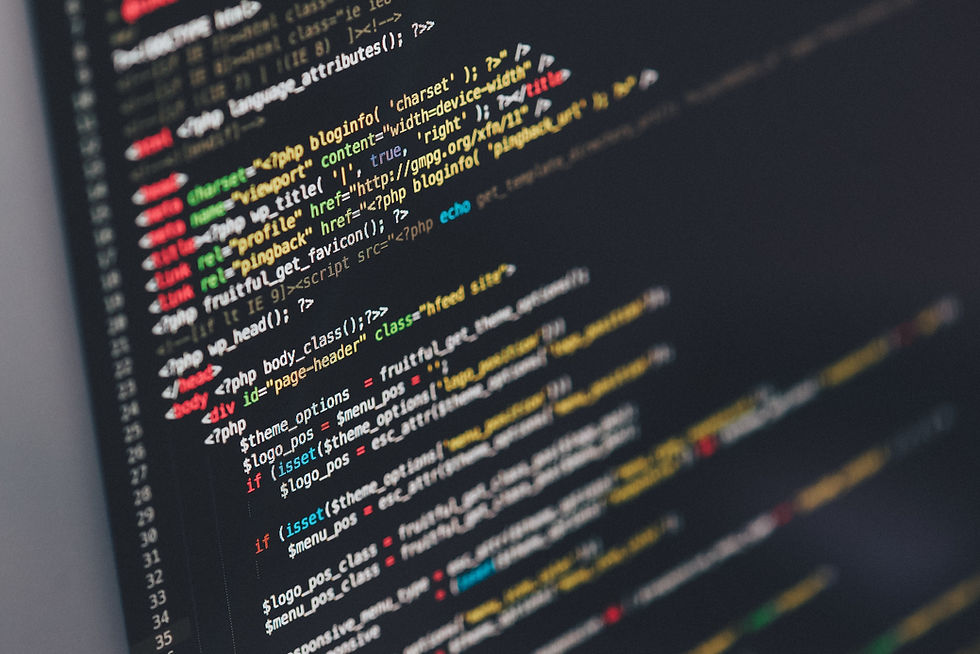Has My Email Account Been Hacked?
- Michael Graziano

- May 25, 2020
- 2 min read
An email hack happens when someone gains unauthorized access to your email account. Once gaining access the hacker wants to get into your personal life, and from an online perspective, that life begins with your email account. If you store anything sensitive in your email—such as tax returns or pay stub, password notes—you’re putting yourself at risk for identity theft or worse.
How can I tell if my email is hacked?
Usually, you will lose access to your email account with the hacker changing your password. However, hackers often take a wait-and-see approach, using time to gather sensitive information and exploit your other online accounts, contact list, and more.
How can I tell if my email is hacked?
Usually, you will lose access to your email account with the hacker changing your password. However, hackers often take a wait-and-see approach, using time to gather sensitive information and exploit your other online accounts, contact list, and more.
Some of the things that may indicate a compromise:
Check your ‘sent’ file regularly to look for messages you did not send out.
See, your sent folder is empty when you know you’ve been actively using your email account.
Your friends or family members ask you about an email you didn’t send.
You find unfamiliar posts on your social media pages.
You can’t access online accounts that once used your email as the login.
What to do if your email is hacked:
Run your antivirus program. Malware can do things like record keystrokes and take screenshots, which puts your identity and finances at risk. Don’t forget to scan your smartphone and tablets, also.
Change your passwords and do not reuse passwords for other online accounts.
Tell your friends and family you were hacked. People are more likely to open an email from someone they know. If they open spam from your account, they could accidentally download malware onto their own devices.
Consider freezing your credit report. If you believe your hacked email account could lead to identity theft, putting a freeze on your credit report will prevent a criminal from impersonating you on applications.
How to prevent email hacks:
Create complex passwords and make sure they’re at least 10 characters long and use numbers and symbols. Make a sentence out of a password. Always install security updates promptly and scan your devices regularly. Security patches and antivirus scans can eliminate malware threats and prevent identity theft.
Always use cell data, or if you need to connect to public WIFI, use a VPN when connecting to the internet.
Check suspicious communications. Confirm with a sender about an email in question.
An email hack can happen to anyone. Paying close attention to your online life can help detect and correct a hack before any severe damage takes place.
Add two-factor authentication. All online accounts should have two-factor authentication set. (2FA). https://en.wikipedia.org/wiki/Multi-factor_authentication
Do not click on links in emails. Go to the actual site you use and access the account that way.




